Beautiful retro cars sell vintage British cool to the world
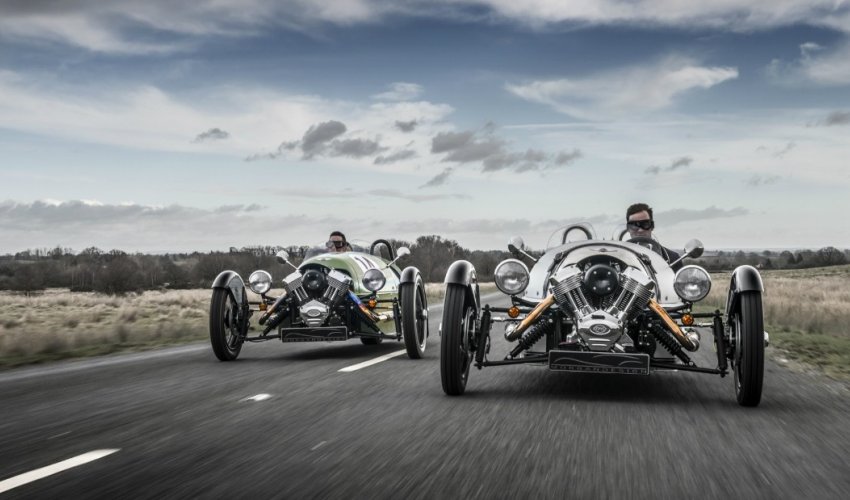
In 1969, at the height of his powers and with "Sympathy for the Devil" filling dancefloors, Mick Jagger drove with girlfriend Marianne Faithfull to a London court to face the latest in a series of drug charges in a lemon yellow Morgan Plus 8 sports car.
The star's arrival at the court was captured by hordes of photographers and splashed around the world as an example of quintessentially British cool.
Jagger may have displayed impressive longevity in his career, but his ride has also stood the test of time.
Morgan Motors is Britain's oldest independent car manufacturer, and since Henry Frederick Morgan's first three-wheeler rolled out of its Malvern factory in 1909, the signature wooden frames have stood for the best of British tradition from the racetracks of Le Mans to the fashion capitals of Europe.
Morgan has never changed its formula. Each car is hand-made at every stage, from fabricating the hood to stitching the upholstery, consulting the buyer at every step. Unusually, the frames are crafted from wood -- light ash, which is prized for its flexibility and durability -- on which the exterior aluminum panels and leather work rest. The chassis is steel or aluminum.
The personnel also maintain the legacy, with many employees giving lifelong service. This has always been a family firm, despite the recent, bruising departure of former director Charles Morgan.
Expanding the empire
But to survive this long in an unforgivingly competitive marketplace has required a hard-nosed, internationalist outlook. Over 60% of the 1,000 cars Morgan produces each year are sold abroad to customers from Paris, Tokyo, Athens, Dubai, and dozens more dealers around the world. While sales have slowed in Europe, they are growing rapidly outside the continent, from $10 million in 2012 to $13 million in 2013. In 2013, the company launched a new showroom in Beijing, and partnerships in Latin America and the Middle East are imminent.
The company plays heavily on its illustrious past in developing the business, says managing director Steve Morris.
"A lot of the interest in Morgan comes from us being very true to our roots," says Morris, who spent decades working his way up from the shop floor to the top job. "In new markets it becomes a nice selling point because the 106 years of heritage are fascinating for people when they do the research, and being family-owned adds another element."
Morris favors the personal touch when it comes to forming partnerships.
"With China, I just threw my laptop over my shoulder and went there for a fortnight," he says. "My approach is to make contact with possible dealers, meet them and look at their business plans ... I have to ask whether the customer will be sufficiently looked after.
"Dealer training is a massive issue and if you work with a partner you want to ensure they have the technical capability. This usually involves an intense training course at our factory."
Updating and adapting
Expansion can be fraught with regulatory hurdles. The company has long been frustrated with the United States, which imposes a variety of demands from state to state that require costly modifications, so it only sells lightweight three-wheelers there. In Australia, cars have been re-designed to meet noise restrictions, while China has a government distributor that must be worked through.
Morris stresses the need to roll with the times and produce innovative designs. The high-end cars, such as the imminent $200,000 Aero 8, feature cutting-edge aerospace design and powerful modern engines. The company has also been at the forefront of green driving, with the hydrogen-fueled "Lifecar" among its design achievements.
"Carbon taxes have been a huge challenge," says Morris. "Like every manufacturer we must work toward these new technologies."
But by far the biggest hits remain the classic three-wheelers on which the company first built its reputation, accounting for over half of Morgans sold around the world. The distinctive trikes that sell for $50,000 have become a favorite of private member's clubs, emphasizing pleasure over function.
"The three-wheeler represents driving fun at its most simple -- no power assistance, skinny tyres and an exposed driving position," says Jon Burgess of Classic Car Buyer magazine. "It looks like nothing else on the road and should you feel the need, you can decorate it with stickers directly from the factory. You can also watch it being built, which is a rare treat in the age of spreadsheets and slush molded plastic."
While competitors focus on speed and power, Morgan will keep capturing the market for time machines.
(CNN)












www.ann.az
Similar news
Similar news

























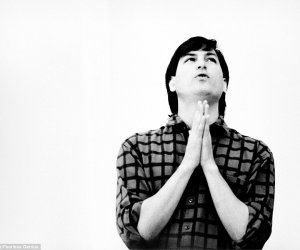
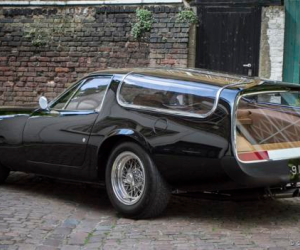
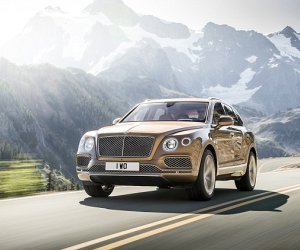
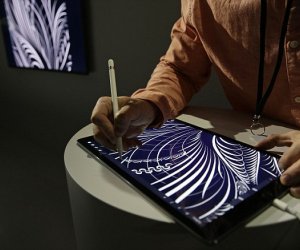

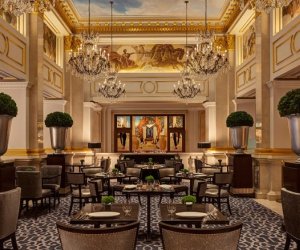
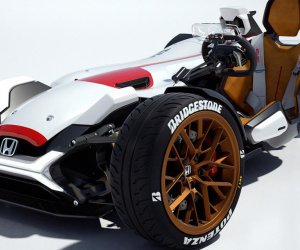
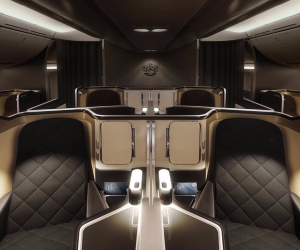



 Photo
Photo 



 Video
Video 

